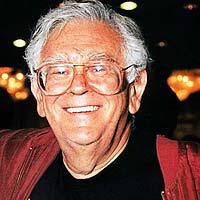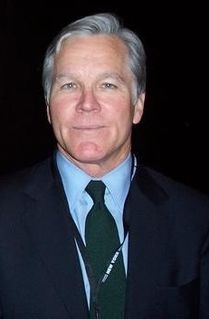A Quote by Angela Davis
And I guess what I would say is that we can't think narrowly about movements for black liberation and we can't necessarily see this class division as simply a product or a certain strategy that black movements have developed for liberation.
Related Quotes
Actually we've had a black bourgeoisie or the makings of a black bourgeoisie for many more decades.In a sense the quest for the emancipation of black people in the US has always been a quest for economic liberation which means to a certain extent that the rise of black middle class would be inevitable. What I think is different today is the lack of political connection between the black middle class and the increasing numbers of black people who are more impoverished than ever before.
Political movements for justice are part of the fuller development of the cosmos, and nature is the matrix in which humans come to their self-awareness of their power to transform. Liberation movements are a fuller development of the cosmos's sense of harmony, balance, justice, and celebration. This is why true spiritual liberation demands rituals of cosmic celebrating and healing, which will in turn culminate in personal transformation and liberation.
Historically the great movements for human liberation have always been movements to change institutions and not to preserve them intact. It follows from what has been said that there have been movements to bring about a changed distribution of power to do - and power to think and to express thought is a power to do- so that there would be a more balanced, a more equal, even, and equitable system of human liberties.
For myself, as, no doubt, for most of my contemporaries, the philosophy of meaninglessness was essentially an instrument of liberation. The liberation we desired was simultaneously liberation from a certain political and economic system and liberation from a certain system of morality. We objected to the morality because it interfered with our sexual freedom.
What's more important is that we talk about movements; change happens through movements. The movement to end slavery, the movement to bring justice for those who have been left out of the system, movements to include women, movements around sexual preference - all these movements brought about change.
When you say 'the man of the house,' the black woman has been the woman and the man of the house, because black men have so often had to spend all of their time and energy working and trying, at least, to give their families the basic needs. So black women, I find, are not really concerned about women's liberation.
I had motives for not wanting the world to have meaning; consequently assumed that it had none, and was able without any difficulty to find satisfying reasons for this assumption ... For myself, as no doubt, for most of my contemporaries, the philosophy of meaninglessness was essentially an instrument of liberation. The liberation we desired was simultaneous liberation from a certain political and economic system, and liberation from a certain system of morality. We objected to the morality because it interfered with our sexual freedom.



































